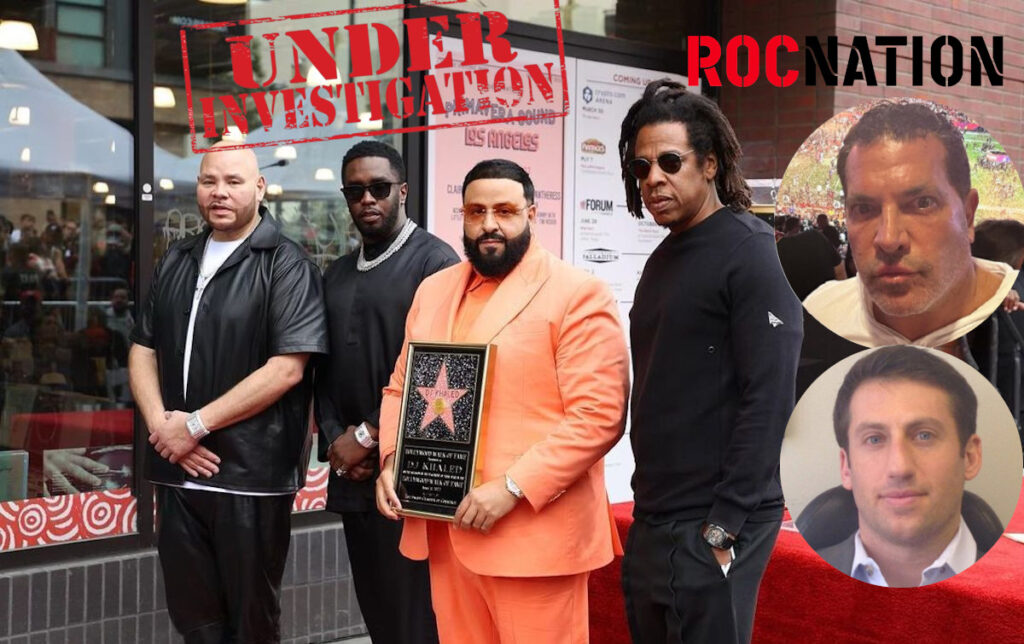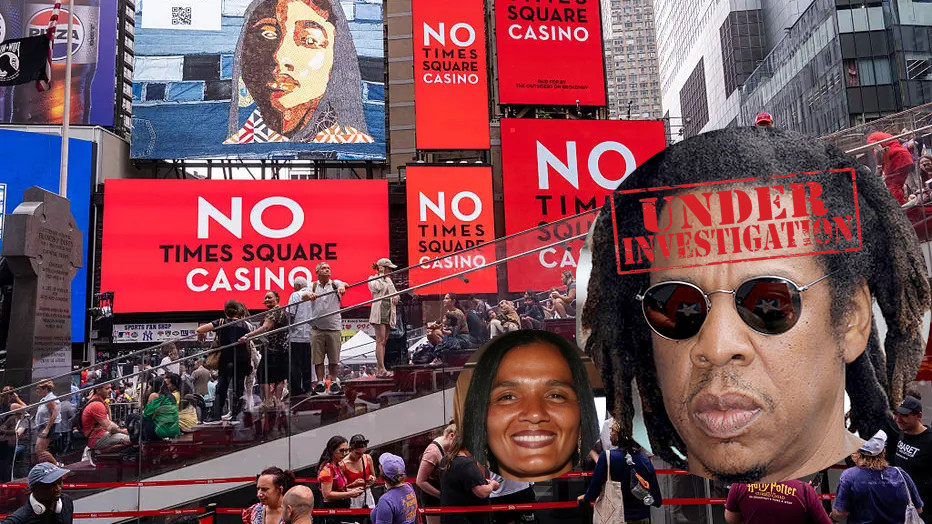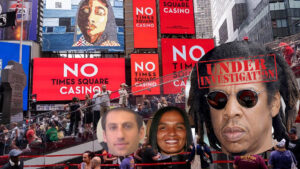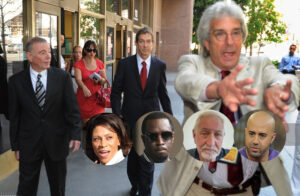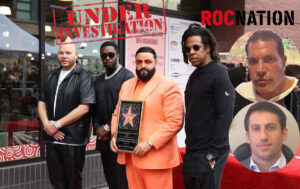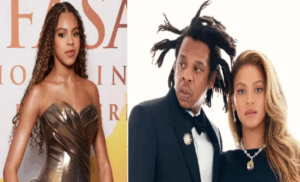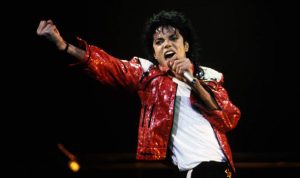In an unfolding narrative that mirrors previous celebrity scandals, Justin Bieber finds himself at the center of allegations of financial exploitation allegedly orchestrated by Sean ‘Diddy’ Combs and his associates. The latest coverage from TMZ has triggered controversy, suggesting that the famed rapper has been shielding himself as evidence mounts against him, particularly concerning Bieber's alleged financial collapse.
The recent spike in media attention has led to claims that Bieber, who sold his music catalogue for a staggering $200 million in 2022, is on the brink of financial disaster. Contrary to reports that he amassed a fortune over his career, insiders argue that Bieber has mismanaged funds, with some estimates of his losses hitting the $500 million mark. The narrative has raised questions over whether Bieber’s alleged financial woes stem from mismanagement by his longtime ex-manager, Scooter Braun, who has been accused of overcharging the pop star.
Critics have speculated about a more sinister connection involving Diddy, with many drawing parallels to the tumultuous story of Britney Spears and her struggles against similar financial exploitation. Central to these allegations is Lou Taylor, a prominent figure associated with both Diddy and Bieber. Taylor has faced accusations of financial misconduct, linking her to bizarre claims of her involvement in manipulation and racketeering schemes against these stars.
In a twist reminiscent of past controversies, it has emerged that some believe Bieber’s ties to Diddy might extend far beyond mere friendship and into the realm of coercive control, with claims of “video blackmail” surfacing in discussions. The narrative fuels a theory that Bieber's wealth dwindled not merely due to poor decisions but possibly due to a calculated effort by those around him to exploit his fame and finances.
As scrutiny combines with entrenched relationships—like that of Harvey Levin with Diddy's attorney, Mark Geragos—the story becomes increasingly complex, leaving observers questioning the motives behind the narrative spun by media outlets. The implications of this escalating saga raise significant concerns about the business practices in the celebrity world and the responsibility of those who handle the finances of high-profile individuals.
In this evolving context, the call for transparency, accountability, and reform within the entertainment industry has never been more urgent, as it becomes increasingly clear that celebrity status can lead to perilous exploitation without proper safeguards in place. The pursuit of truth in this tangled story continues, highlighting the need to protect individuals in the orbit of fame from predatory practices that threaten their livelihoods and personal well-being.
The recent spike in media attention has led to claims that Bieber, who sold his music catalogue for a staggering $200 million in 2022, is on the brink of financial disaster. Contrary to reports that he amassed a fortune over his career, insiders argue that Bieber has mismanaged funds, with some estimates of his losses hitting the $500 million mark. The narrative has raised questions over whether Bieber’s alleged financial woes stem from mismanagement by his longtime ex-manager, Scooter Braun, who has been accused of overcharging the pop star.
Critics have speculated about a more sinister connection involving Diddy, with many drawing parallels to the tumultuous story of Britney Spears and her struggles against similar financial exploitation. Central to these allegations is Lou Taylor, a prominent figure associated with both Diddy and Bieber. Taylor has faced accusations of financial misconduct, linking her to bizarre claims of her involvement in manipulation and racketeering schemes against these stars.
In a twist reminiscent of past controversies, it has emerged that some believe Bieber’s ties to Diddy might extend far beyond mere friendship and into the realm of coercive control, with claims of “video blackmail” surfacing in discussions. The narrative fuels a theory that Bieber's wealth dwindled not merely due to poor decisions but possibly due to a calculated effort by those around him to exploit his fame and finances.
As scrutiny combines with entrenched relationships—like that of Harvey Levin with Diddy's attorney, Mark Geragos—the story becomes increasingly complex, leaving observers questioning the motives behind the narrative spun by media outlets. The implications of this escalating saga raise significant concerns about the business practices in the celebrity world and the responsibility of those who handle the finances of high-profile individuals.
In this evolving context, the call for transparency, accountability, and reform within the entertainment industry has never been more urgent, as it becomes increasingly clear that celebrity status can lead to perilous exploitation without proper safeguards in place. The pursuit of truth in this tangled story continues, highlighting the need to protect individuals in the orbit of fame from predatory practices that threaten their livelihoods and personal well-being.





